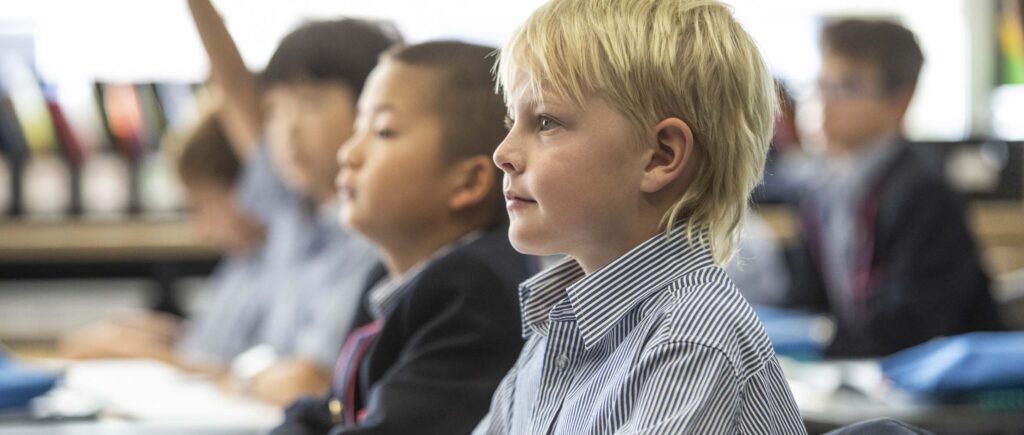Understanding Assessment and Progress in the Junior School
Working TogetherAt Brighton Grammar, we know that parents want to understand how their child/children are doing at school—not just in terms of achievement levels, but in terms of real learning and progress. Here is a brief explanation of how assessment works in the Junior School and how it helps us support your child’s development.
What Do We Mean by Assessment?
Assessment is the process of gathering information about what a child knows, understands, and can do. It takes many forms and happens every day in the classroom. Broadly, we use two types:
- Formative assessment – Ongoing checks by teachers during lessons. This includes questioning, observing, viewing work samples, regular checking for understanding and responses to feedback. It helps teachers adjust teaching based on what students need next.
- Summative assessment – More formal assessments used at certain points in the year to see how well children have understood a block of learning. These might include end-of-unit tests, writing tasks, standardised assessments or national assessments (NAPLAN).
How Do We Measure Progress?
Progress is about how much a child has learned over time—not just whether they “got the right answer” today, but how their knowledge and skills are building. We look for evidence that pupils:
- Can recall and apply what they’ve learned in new contexts
- Are improving in key skills (e.g. reading fluency, problem solving, writing stamina)
- Can explain their thinking clearly and confidently
Every child’s starting point is different, so progress is not about reaching the same end goal at the same time—it’s about moving forward from where they began.
How Do Teachers Use This Information?
Assessment helps us plan the right next steps for each child. For example:
- If a child is finding a concept difficult, more support can be given or the concept reviewed in another way.
- If a child is ready for more challenge, we can deepen their thinking and stretch their learning.
- We use assessment to identify gaps, celebrate success, and ensure every child is moving forward.
How Will You Know How Your Child Is Doing?
You’ll receive regular updates through:
- Parent-teacher meetings – A chance to talk about your child’s strengths, areas for development, and how you can help at home.
- Reports and Due Work tasks – These give a clear summary of attainment and effort across subjects.
- Informal conversations – We welcome questions and conversations throughout the year.
We also encourage you to look at your child’s work, read their comments and feedback, and talk to them about what they’re learning.
Working Together
We believe that strong communication between school and home supports the best outcomes for children. If you ever have questions about how your child is being assessed or how they are progressing, please don’t hesitate to ask your child’s teacher.
Rebecca Taylor
Director of Teaching and Learning, Junior School

